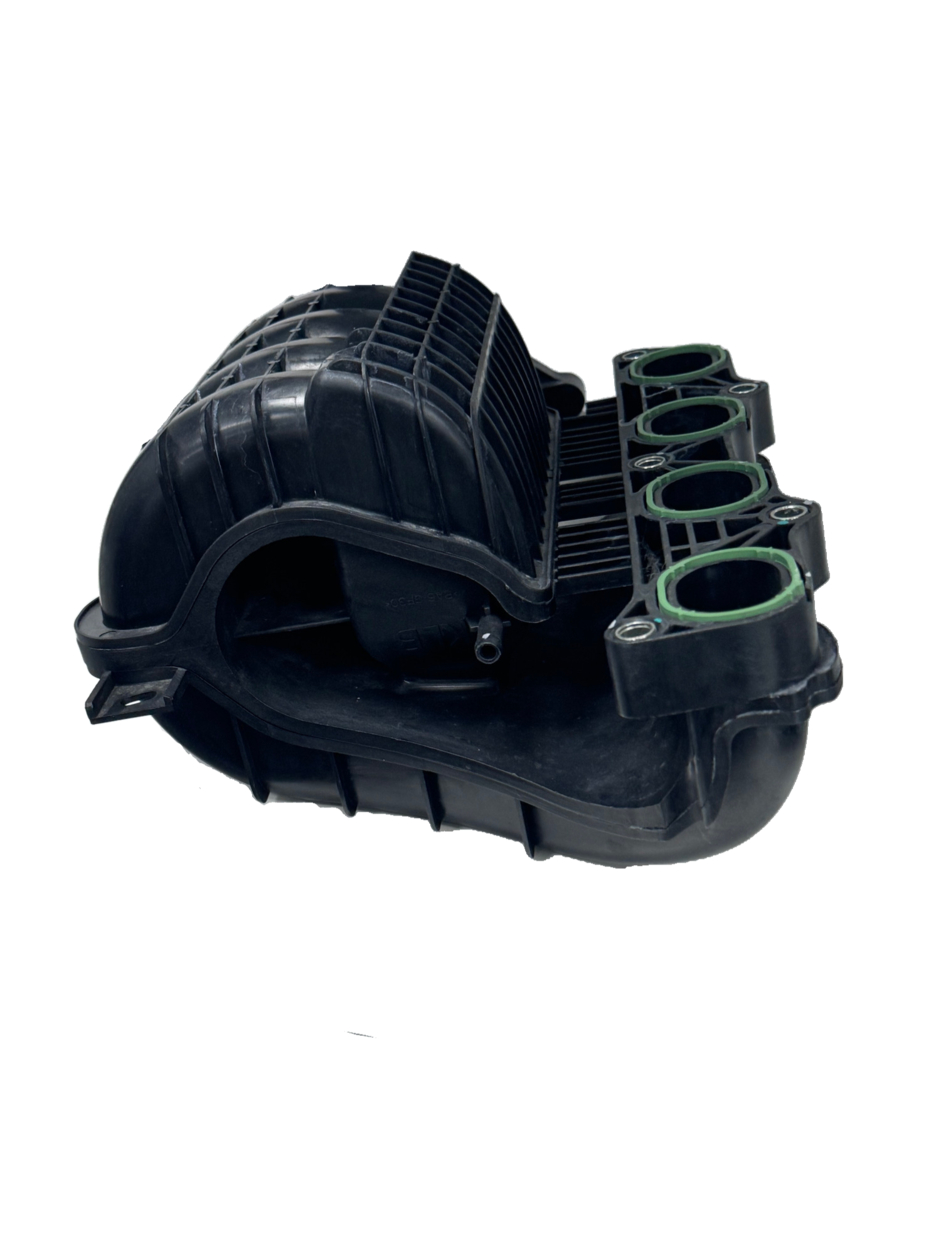News
Site Editor
 Site
https://aaamould.usa02.wondercdn.com/uploads/image/6683a2be2307e.png
In today's globally competitive manufacturing landscape, securing a reliable and efficient injection molding parts supplier is paramount to success. The selection process, however, can be daunting,
Site
https://aaamould.usa02.wondercdn.com/uploads/image/6683a2be2307e.png
In today's globally competitive manufacturing landscape, securing a reliable and efficient injection molding parts supplier is paramount to success. The selection process, however, can be daunting,
Finding the Right Injection Molding Parts Supplier: A Comprehensive Guide
Views: 1206
Author: Site Editor
Publish Time: 2025-03-12
Origin: Site
In today's globally competitive manufacturing landscape, securing a reliable and efficient injection molding parts supplier is paramount to success. The selection process, however, can be daunting, demanding meticulous research and a keen understanding of your specific needs. This guide delves deep into the intricacies of finding the perfect partner for your injection molding requirements, offering actionable advice and insights to navigate the complexities of this crucial decision.
Understanding Your Needs: A Foundation for Success
Before embarking on the supplier search, a thorough self-assessment is essential. This involves a comprehensive understanding of your project's specific demands. Key considerations include:
-
Part Design and Complexity: The intricacy of your part design directly impacts the supplier's capabilities. Simple designs are relatively straightforward, while complex geometries require specialized equipment and expertise.
-
Material Selection: The type of plastic resin used significantly affects both the properties of the final product and the manufacturing process. Your choice should align with the intended application and performance requirements. Consider factors like material strength, flexibility, durability, and chemical resistance.
-
Volume and Production Schedule: The anticipated production volume significantly influences the choice of supplier. High-volume production demands automated processes and large-scale manufacturing capabilities, while smaller volumes may be handled efficiently by a smaller-scale operation.
-
Tolerances and Precision: The acceptable tolerance levels define the precision required for the finished parts. Tight tolerances require advanced machinery and skilled operators. Clearly define these tolerances in your specifications.
-
Budget and Cost Considerations: Establish a clear budget early in the process. Consider not only the cost of the parts themselves but also factors like tooling costs, shipping, quality control, and potential lead times.
Identifying Potential Suppliers: A Multi-Faceted Approach
Once your needs are clearly defined, the search for suitable suppliers can begin. A multi-faceted approach, combining various strategies, often yields the best results:
-
Online Directories and Marketplaces: Numerous online platforms specialize in connecting manufacturers with suppliers. These directories often allow you to filter by various criteria, such as location, material expertise, and production capacity.
-
Trade Shows and Industry Events: Attending industry trade shows provides an invaluable opportunity to network with potential suppliers, examine their products firsthand, and gauge their professionalism.
-
Industry Associations and Publications: Industry associations often maintain directories of member companies, and industry publications frequently feature supplier profiles and articles.
-
Referrals and Recommendations: Networking within your industry can lead to valuable referrals from trusted colleagues who have had positive experiences with specific suppliers.
Evaluating Potential Suppliers: A Critical Process
Narrowing down the list of potential suppliers requires a thorough evaluation process. This involves a series of steps designed to assess their capabilities, reliability, and overall suitability:
-
Request for Information (RFI): Begin by sending an RFI to potential suppliers, outlining your specific requirements and requesting information about their capabilities and qualifications.
-
Request for Quotation (RFQ): Based on the RFI responses, select a shortlist of suppliers and issue an RFQ, requesting detailed price quotes for your project.
-
Verification of Certifications and Compliance: Ensure that potential suppliers possess the necessary certifications and comply with relevant industry standards, such as ISO 9001 for quality management systems.
-
On-Site Visits and Facility Audits: Conduct on-site visits to inspect the supplier's facilities, equipment, and manufacturing processes. This allows you to assess their capabilities firsthand and observe their operations.
-
Review of Past Performance and References: Request references from previous clients and carefully review their feedback on the supplier's performance, reliability, and responsiveness.
-
Sample Part Evaluation: Request sample parts to assess the quality of their work and confirm that they meet your specifications. Conduct thorough testing to evaluate the parts' performance characteristics.
Negotiating Contracts and Managing Relationships: Long-Term Success
Once you've selected a supplier, careful negotiation of the contract is crucial. The contract should clearly outline all aspects of the agreement, including pricing, payment terms, delivery schedules, quality control procedures, and intellectual property rights. Building a strong, collaborative relationship with your chosen supplier is equally important. Open communication, regular feedback, and mutual respect are essential for long-term success. Proactive communication about potential challenges or changes in demand will prevent issues down the line.
Beyond the Basics: Advanced Considerations
For more complex projects, or when dealing with high-volume production, additional considerations come into play:
-
Tooling Ownership and Management: Clarify the ownership and management of the injection molds. Options include supplier ownership, joint ownership, or client ownership. Each option carries different financial and logistical implications.
-
Supply Chain Management and Logistics: Consider the supplier's capabilities in managing the entire supply chain, including raw material sourcing, manufacturing, quality control, and logistics.
-
Sustainability and Environmental Considerations: Increasingly, companies prioritize sustainability. Assess the supplier's commitment to environmental responsibility and their use of sustainable materials and manufacturing practices.
-
Intellectual Property Protection: Ensure your intellectual property is adequately protected through appropriate contractual agreements and non-disclosure agreements.
Conclusion: A Strategic Partnership
Choosing the right injection molding parts supplier is not a simple task. It requires careful planning, thorough research, and meticulous evaluation. By following the steps outlined in this guide, you can significantly improve your chances of finding a reliable and efficient partner capable of supporting your business objectives. Remember, selecting a supplier is about establishing a strategic partnership built on mutual trust, open communication, and a shared commitment to quality and excellence. Investing the time and effort upfront will pay dividends in the long run, leading to a successful and profitable collaboration.